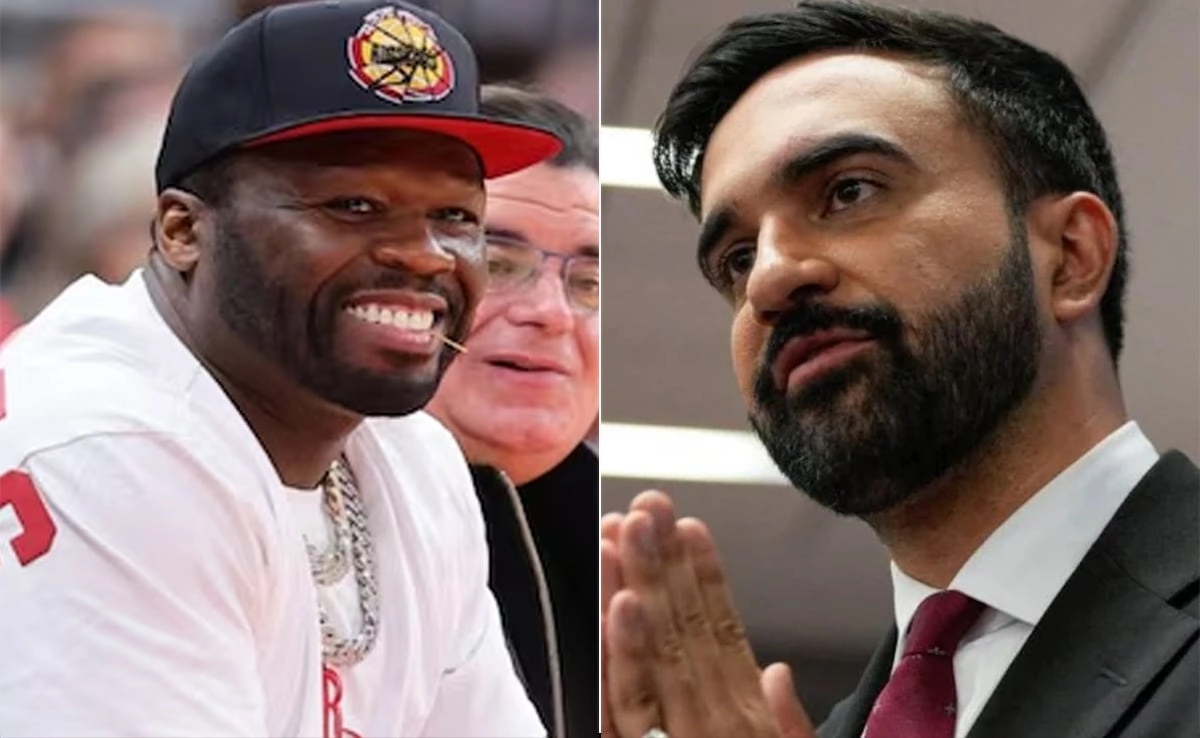Rapper 50 Cent has made headlines with an audacious proposal that has captivated the entertainment industry and beyond. He recently extended a jaw-dropping offer of Rs 2.2 crore, roughly equivalent to $265,000, for a one-way ticket to send Zohran Mamdani, a member of the New York State Assembly, out of the country. This unusual proposition stems from a public spat between the two, showcasing the rapper’s flair for dramatics and his willingness to engage in bold public discourse. The underlying tensions appear to be connected to political disagreements, which have been further amplified by social media exchanges that often escalate into larger conversations about societal issues.
Mamdani, who represents the 36th District in Queens, has garnered attention for his progressive views and advocacy for various social justice causes. While 50 Cent’s offer might seem like a publicity stunt, it highlights the intersection of celebrity culture and political discourse in today’s society. The rapper, known for his provocative statements and actions, seems to be using this moment to draw attention to his own perspectives while also challenging Mamdani’s political stances. The dramatic nature of the offer raises questions about the role of public figures in shaping political conversations, as well as the impact of their celebrity status on serious issues.
This exchange serves as a reminder of how social media can amplify conflicts, turning personal disagreements into public spectacles. It also underscores the potential for celebrity influence on political matters, as figures like 50 Cent possess the ability to reach millions of followers instantly. However, the implications of such offers go beyond mere entertainment; they reflect a broader trend in which the lines between politics and celebrity continue to blur. As the conversation evolves, it is essential to consider the consequences of such public declarations and the responsibility that comes with having a platform in today’s media landscape. Ultimately, this unusual offer invites reflection on the nature of political discourse and the ways in which it can be both entertained and challenged in the public eye.




